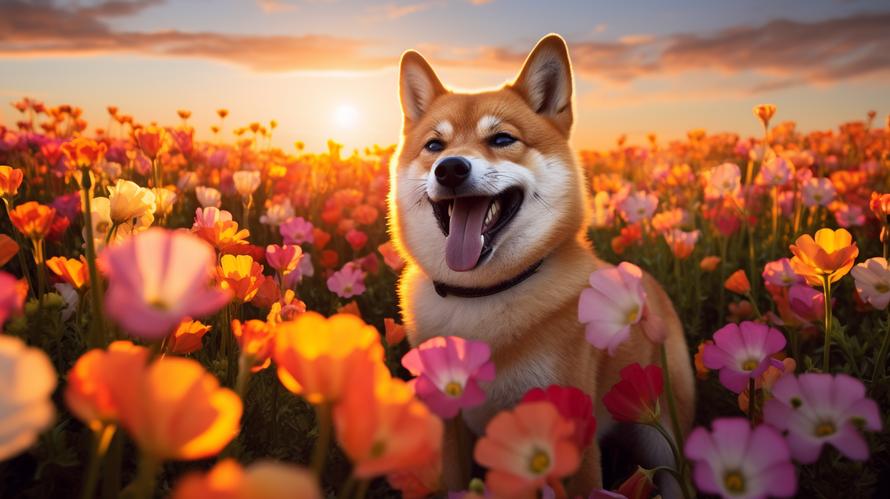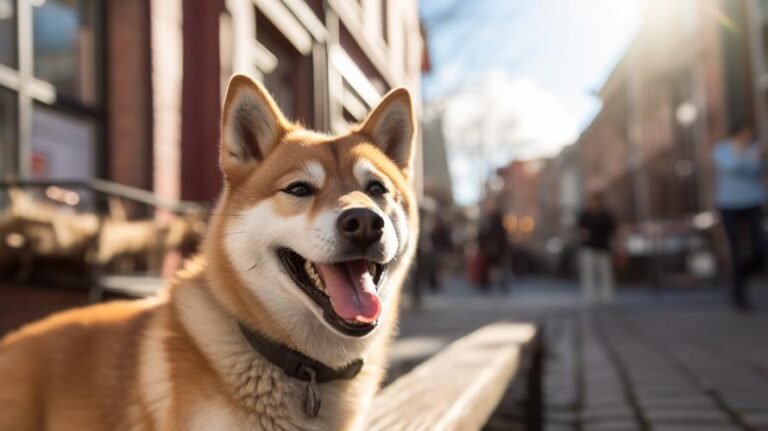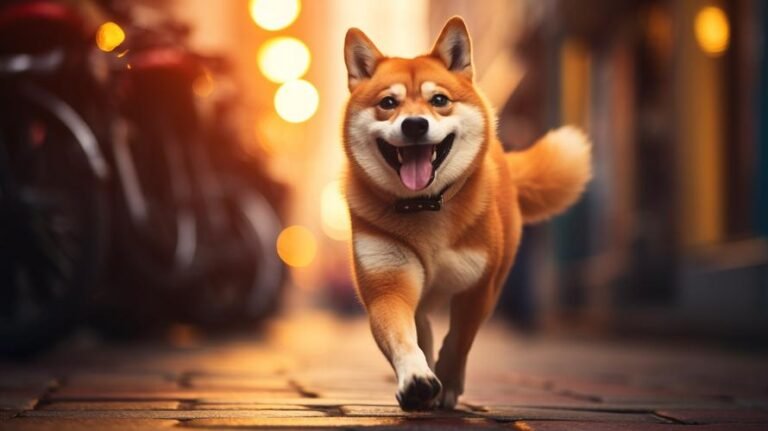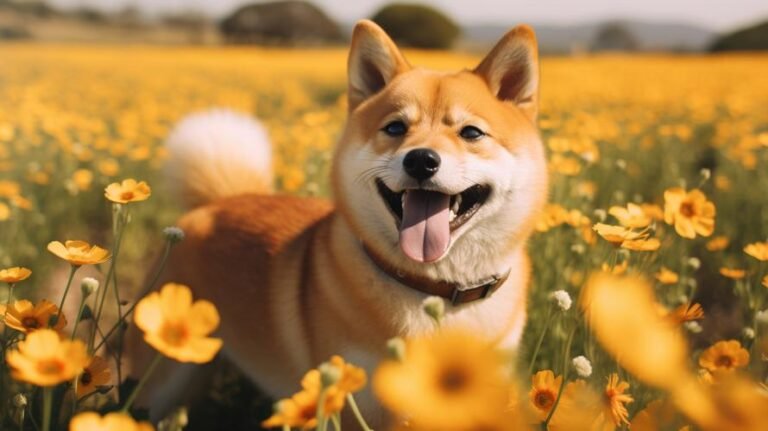Ever hear of the famous saying, “You can’t teach an old dog new tricks?” Well, that might just be the case when it comes to Shiba Inus – they’re somewhat the moguls of stubbornness. But, does stubbornness equate to being difficult to train? Well, let’s dive right in and find out!
As an old Japanese proverb goes, “Tenacious training is the key to success.” The Shiba Inu, a dog breed cherished and celebrated in Japan for its incredible agility and hunting prowess, certainly puts this proverb to the test. Picture this: you’ve just welcomed your cute, fox-faced Shiba Inu puppy into your life. His fiery spirit, attractive coat colors, and vibrant character have already stolen your heart. But then comes the challenge – training your Shiba Inu!
The question that every new Shiba Inu owner baffles over is, “Is a Shiba Inu easy to train?” To answer that, let’s dive into the mind of this agile creature and discover what lies in wait for the would-be trainer!
Shiba Inus, at first glance, appear as a compact bundle of fur-ball filled with non-stop energy and excursions. Their independent nature, combined with their fox-like, alert expression, is indeed captivating. However, this independence can be a double-edged sword when it comes to training.
Dr. Stanley Coren, a canine psychologist, states that Shiba Inus have a low degree of “trainability” or rather, the ability to perform tasks after a command is repeated less than five times. Their independent spirit means they like doing things on their terms which can prove to be tricky for first-time pet owners.
But don’t let their obstinate streak discourage you! Like any other breed, training a Shiba Inu is a matter of patience, consistency, and firmness. With a steady training regimen and plenty of positive reinforcement, Shiba Inus can prove to be intelligent, polite, and obedient companions.
Training your Shiba Inu is ideally initiated in the puppy phase, where they are more adaptable and receptive. During this time, they begin to learn the basics of cohabiting with humans, ‘pack hierarchy,’ and acquire essential socialization skills.
One technique that never fails with Shiba Inus is positive reinforcement. Reward their successful attempts with treats or praise. But remember, reward should follow the action immediately for dogs to associate the act with the reward.
Socialization doesn’t stop at other dogs and humans. Exposing your Shiba Inu to different experiences, people, sounds, and sights can help them become well-rounded dogs. Regular exposure can prevent potential aggression or anxiety in uncertain situations and foster a calmer temperament.
As independent as Shiba Inus are, they thrive on companionships too. Regular interaction with their human family is pivotal for their emotional and social development. This mutually rewarding time can be spent playing, walking, or training, ensuring they spare some of their boundless energy.
Owing to their hunting pedigree, Shiba Inus have a high prey drive. Think twice before letting them off-leash, especially in unsecured settings. A flying squirrel through the park could jolt this instinct and find your Shiba Inu in a mad dash after it! It’s a wise move to ensure a secure, fenced area for them to play in.
Lastly, get professional help if you need it. Dog training can be an overwhelming endeavor for some. If you’re a first-time dog parent, it’s perfectly fine to get help from a professional dog trainer.
In essence, the journey to train a Shiba Inu might come with its bumps and loops, but the results are rewarding. These adorable furballs may have a stubborn streak, but they also possess immense intelligence and adaptability. With the right approach, consistency, and a lot of patience, your Shiba Inu can indeed be a well-mannered, obedient companion.
One last piece of advice: Abbey Brooks once said, “A dog is a reflection of its owner.” So, as you engage in the journey of training your Shiba Inu, brace yourself for some learning and personal growth too. Your Shiba Inu might just end up training you more than you train him! It’s a beautiful journey of companionship, faith, consistency, and personal growth. And it’s definitely going to be just as rewarding, if not more, when your Shiba Inu turns out to be the best-behaved around.



